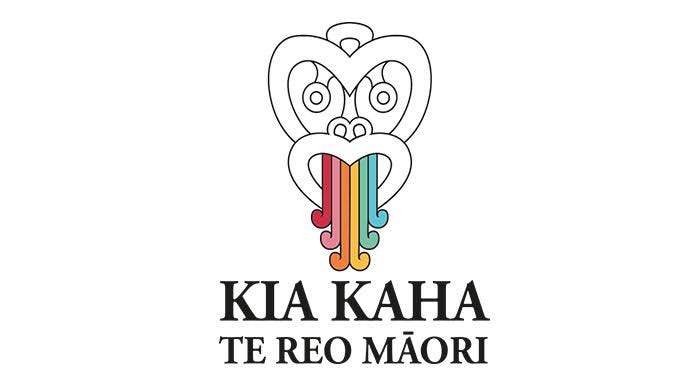Fluency for the Few, Cost for the Many
Why You’re Paying for a Language Almost No One Uses - or Understands
“We’re all forced to echo small words that make big noise and mean nothing to most of us.”
Indeed. Small words, big noise. That, in essence, is what te reo Māori has become in modern New Zealand: a disproportionately celebrated state hobby enforced by bureaucrats, virtue-signallers, and treaty-industrialists under the pretext of national identity. Te reo…
Keep reading with a 7-day free trial
Subscribe to The Sovereign Verdict to keep reading this post and get 7 days of free access to the full post archives.


